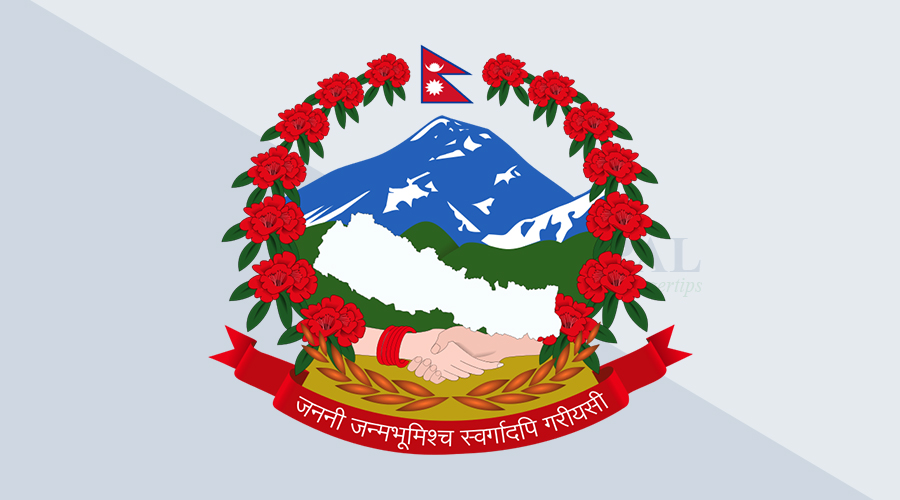KATHMANDU: The government has removed provisions related to profit caps and penalties under the Black Marketing and Certain Other Social Offenses and Punishment Act, 1975, to improve the business environment. This change was made through an ordinance aimed at amending several Nepal Acts related to economic and business environment reforms and investment promotion, approved by the Cabinet on Friday.
Previously, the law restricted businesses from making a profit exceeding 20% of the standard market value of goods and services. Violating this limit attracted the provisions of the Black Marketing Act, which imposed penalties of up to five years of imprisonment, fines, or both. The new ordinance, however, eliminates this restriction in favor of business interests.
Clause 3, Sub-clause (1) of the Black Marketing and Certain Other Social Offenses and Punishment Act, 1975, has been repealed, and the words “as per prevailing law” have replaced the reference to Sub-clause (1) in Sub-clause (2), according to the ordinance.
With the ordinance issued by President Ram Chandra Poudel on Monday, businesses are now free to set profit margins at their discretion. While this benefits industrialists and traders, experts argue it is not in the public’s best interest. A senior official at the Ministry of Industry, Commerce, and Supplies mentioned, “Businesses have long lobbied to repeal the Black Marketing Act and remove profit caps and penalties. The government has now fulfilled their demands through this ordinance.”
The official also pointed out that while the Competitive Market Promotion and Market Protection Act, 2007, could regulate profits in a free market, the lack of an effective implementation mechanism makes it ineffective. The board required to oversee market control and interventions under the Secretary’s coordination has not yet been formed.
Jyoti Baniya, President of the Consumer Protection Forum Nepal, criticized the government’s move as an abuse of executive authority, stating that repealing the provision allowing only a 20% profit on customs and factory prices would disrupt market stability. “The provisions under the Black Marketing Act provided at least some protection for consumers. While some unethical traders may have opposed it, ethical businesses supported its continuation,” said Baniya.
He highlighted that the demands for repealing the act primarily came from three umbrella organizations representing industrialists and traders. The government has now met their demands. “Globally, black marketing is considered a serious crime against consumers and markets. In Nepal, too, it was criminalized since 1975, but the government has now repealed it through an ordinance,” Baniya remarked.
Consumer rights activist Madhav Timilsina commented, “This decision, bypassing parliamentary discussion, is another betrayal of the public. The measure favors those creating artificial scarcity and engaging in black marketing.”
Experts argue that while open market policies allow prices to be determined by market dynamics, a strong regulatory body is essential to protect both consumers and businesses. In Nepal’s context, where most goods are imported and public institutions are weak, open economic policies often fail. Removing the provision for penalties on profits exceeding 20% may lead to further exploitation of consumers.
Former Director General of the Department of Commerce, unwilling to be named, stated, “With the absence of robust public institutions and effective regulators, ordinary people are likely to face additional exploitation.”
Commerce Secretary Govinda Bahadur Karki clarified that the proposal to amend the Black Marketing Act did not originate from the Ministry of Industry, Commerce, and Supplies. “It was initiated by the Ministry of Finance,” he said, adding, “We are not fully aware of the specifics.”
Meanwhile, Finance Ministry Spokesperson Mahesh Bhattarai said the amendment was made following consultations with the relevant ministries, including the Ministry of Law.

